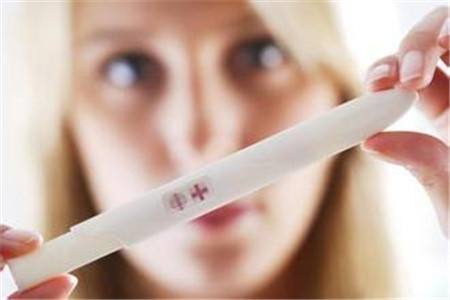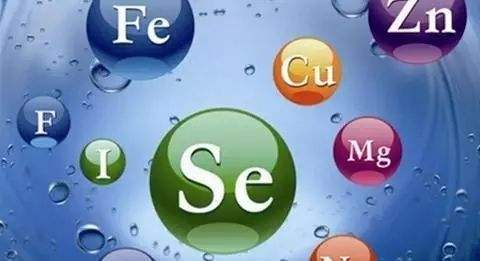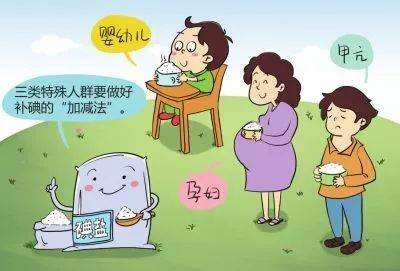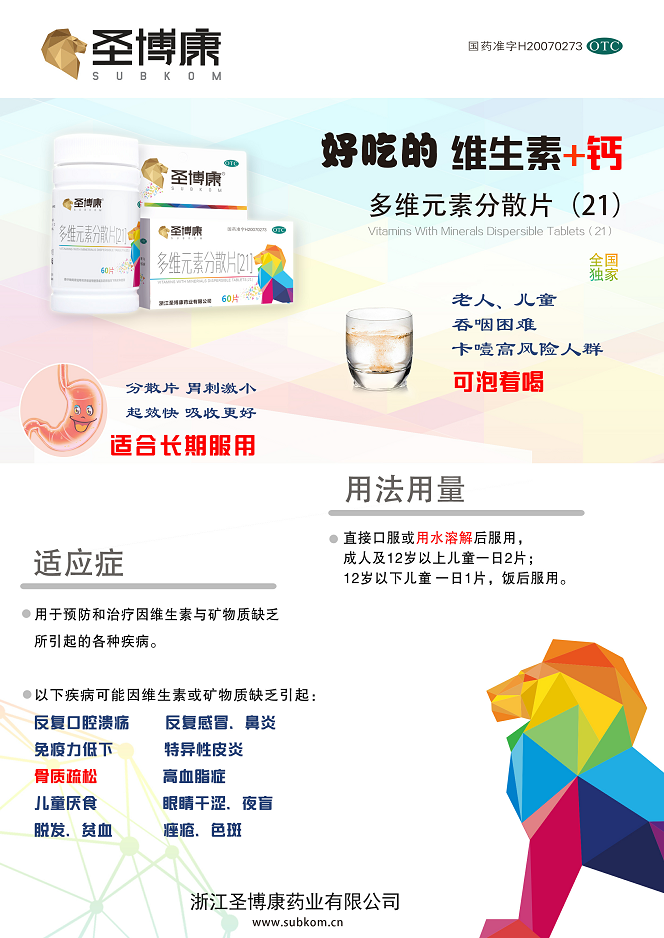

The diet of patients with polycystic ovary syndrome (PCOS) is one of the important links in the management and treatment of patients. The importance of diet is not only reflected in the weight loss and maintenance, but also in the control of insulin level. Polycystic patients pay special attention to reasonable diet and nutrition in life. Among them, trace elements, although tiny, but also indispensable.

The human body needs a variety of trace elements, these elements have an extremely important role in the human body, they should have a certain content in the human body, too much or too little will cause disease. It can activate various enzymes of reproductive system and important carrier and electron transfer system of reproductive system; synthesize sex hormone and vitamin, affect reproductive endocrine; control free radical level; maintain physiological function of hypothalamus pituitary gonad axis.

calcium
Calcium is known as the "element of life". The bone density of women after 20 years old begins to decrease slowly, especially needs to be supplemented. In addition, calcium deficiency is also a major factor leading to female aging. Experts recommend that adult women take at least 1000 mg of calcium a day. If in pregnancy, lactation or menopause, it should be added to 1500 mg. The best sources are beans and green vegetables.
iron
Iron is the hematopoietic element of human body, iron deficiency anemia will appear in human body. Women have a certain amount of blood loss every month, so iron supplement is very important. If there is anemia before pregnancy, it is easy to affect the normal development of the fetus after pregnancy. Common foods containing iron include black fungus, kelp, celery, leek, sesame, barley, millet, soybean, red bean, broad bean, etc.
zinc
Zinc can participate in the metabolism of nucleic acid and protein. Zinc deficiency will lead to a great impact on embryonic development, forming a variety of congenital malformations. Zinc also has irreplaceable advantages in promoting body development, maintaining normal sexual function and enhancing disease resistance. Seafood, beans, apples, melon seeds, sesame, root vegetables in many. In addition, we must abstain from alcohol in the first half of pregnancy to avoid alcohol increasing the consumption of zinc in the body.
magnesium
Magnesium is an essential element to maintain human life activities. It has the magical function of regulating nerve and muscle activities and enhancing endurance. In addition, magnesium is also the "killer" of high blood pressure, high cholesterol and high blood sugar. It also helps to prevent stroke, coronary heart disease and diabetes. Green beans, soybeans, corn, flour, mushrooms, fennel, spinach, cucumber and so on contain more magnesium.
iodine
Iodine deficiency in the human body, the most likely symptom is thyroid function degradation, may also increase the risk of fetal mental retardation. In general, there are plenty of iodine rich foods in daily life. The common iodine rich foods are kelp, laver, sea cucumber, scallop, sea fish and so on.
vitamin C
The main function of vitamin C is to improve immunity, prevent cancer, heart disease, stroke, protect teeth and gums. In addition, vitamin C can also reduce skin melanin, so as to reduce black spots and freckles, make the skin white. There are many vitamin C contents in vegetables and fruits, such as cauliflower, green pepper, orange, grape juice, tomato, etc.
vitamin E
Vitamin E can improve the body's metabolism and enhance the body's endurance. In addition, vitamin E is a highly effective antioxidant, which can protect the biofilm from peroxide damage, improve skin blood circulation, enhance skin cell vitality and delay aging. Rich in vitamin E is mainly nut food, such as peanut, walnut, sesame and lean meat, eggs and so on.

Tips
Trace elements are also very important for women's body, not only in pregnancy and pregnancy. The trace elements needed by the human body are mainly obtained through diet. The types and contents of trace elements in various foods are different. Therefore, the diet should be diversified, not partial to food, so as to ensure the intake of various trace elements necessary for the human body.
The multi-dimensional element dispersible tablet (21) contains 12 essential vitamins, 8 minerals and 1 amino acid, such as vitamin A, D, e, C, inositol, iodine, copper and zinc, which can fully meet the daily vitamin and mineral needs. Dispersible tablets can be dissolved in water, juice, milk, etc. it is easier to absorb. Long term use can enhance immunity. Expectant mothers and pregnant women can take it!
